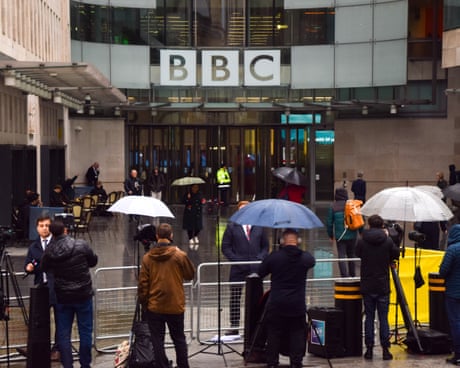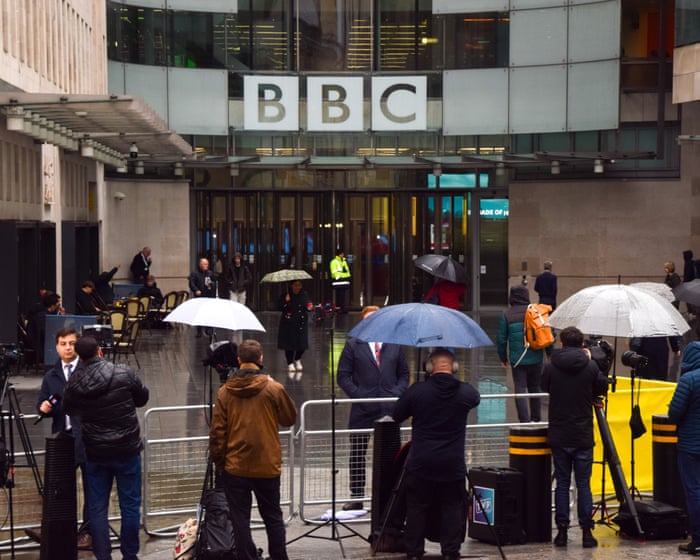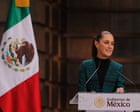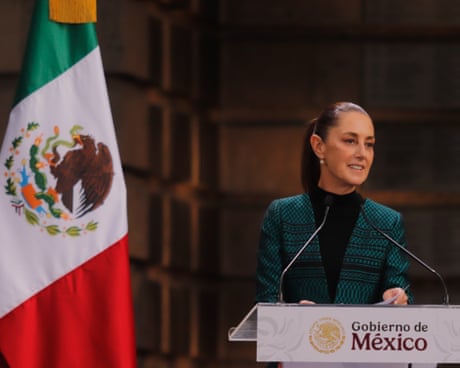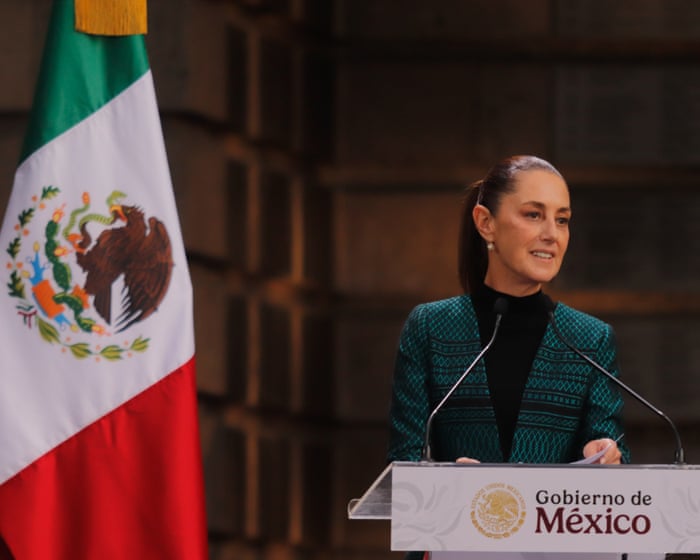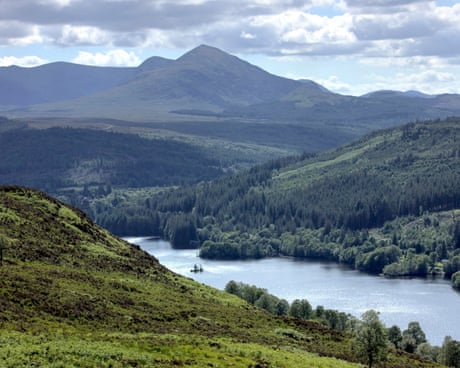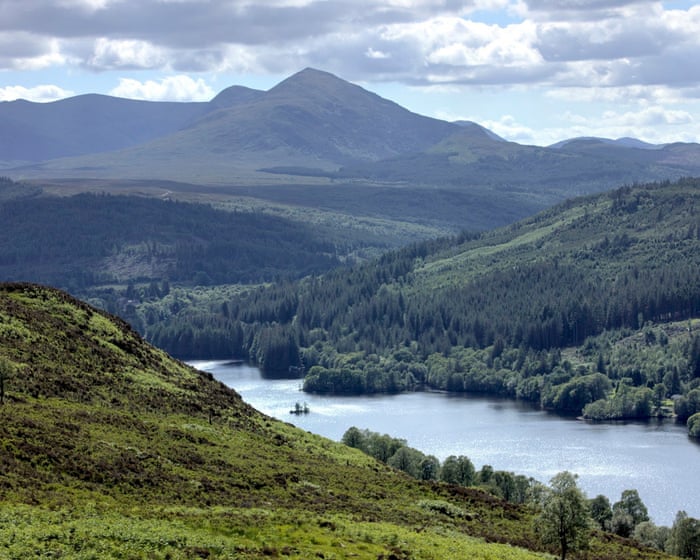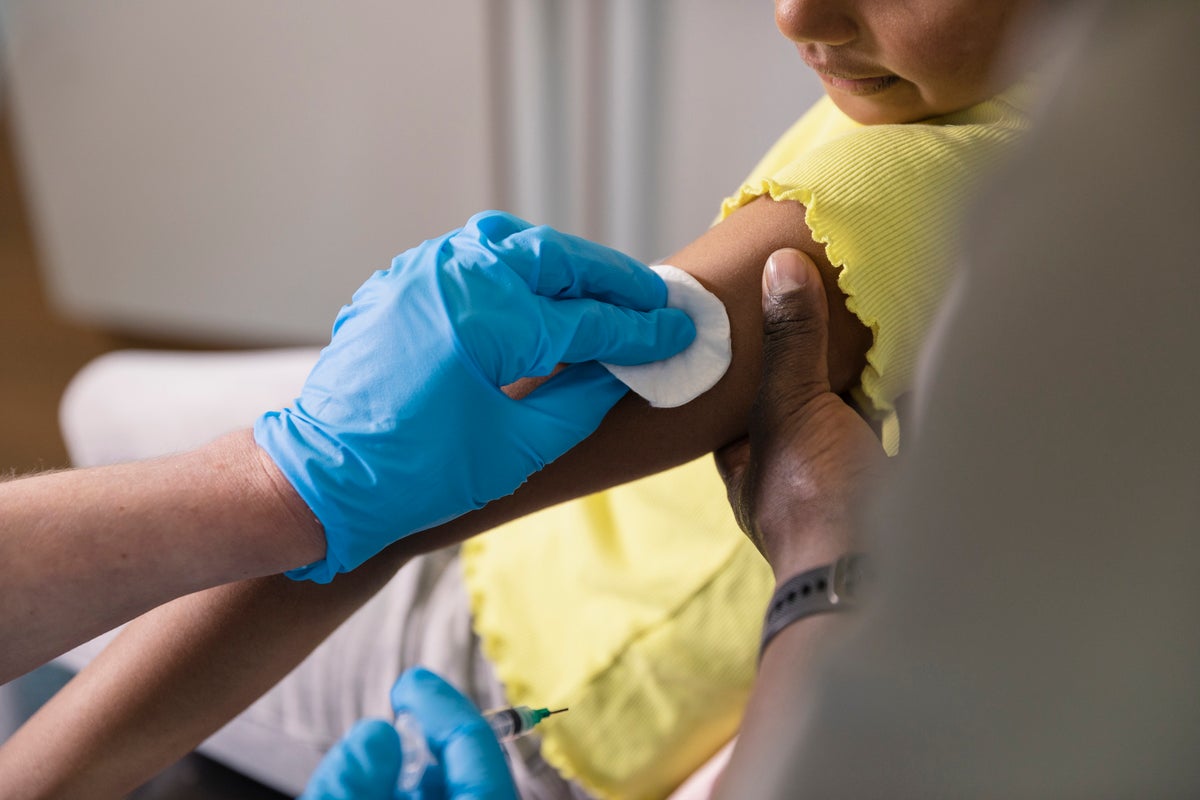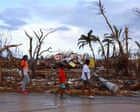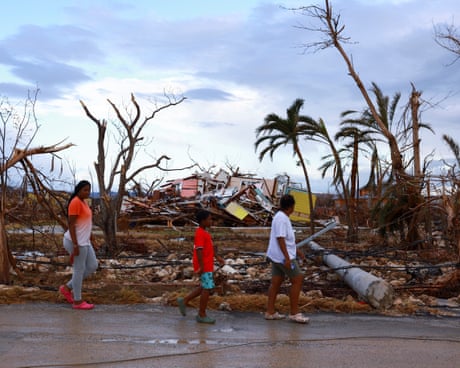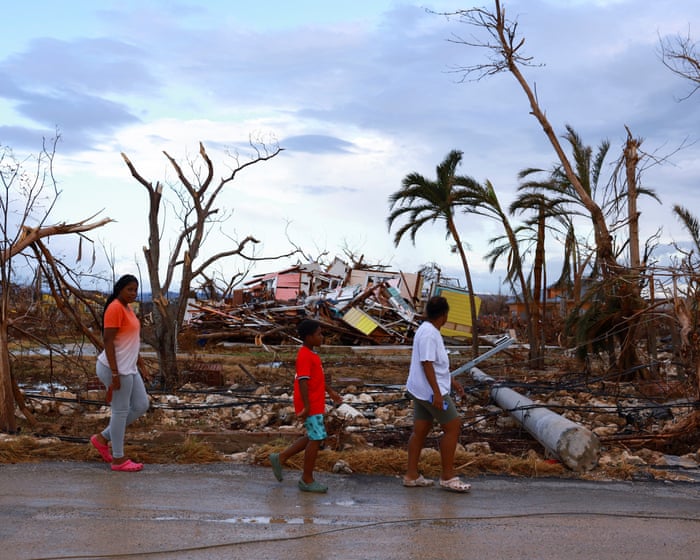The Guardian view on Fifa’s new ‘peace prize’: Gianni Infantino should concentrate on the day job | Editorial
The president of world football’s governing body should abandon geopolitical networking and address criticisms over World Cup ticketing
To general bemusement, Gianni Infantino, the president of world football’s governing body, Fifa, was pictured congratulating Donald Trump last month at the Gaza peace summit in Sharm el-Sheikh, having been personally invited by the US president. Mr Infantino did not hold back in lauding the president’s peace-making prowess, commenting: “Now we can really write some new pages. Pages of togetherness, of peace, in a region which really, really needs it.”
News that Fifa is to launch its own annual peace prize, with the inaugural award to take place in Washington next month, would therefore seem to point to only one outcome. To use a metaphor from another sport, it surely looks like a slam dunk for the man Fifa’s president describes as a “winner” and “close friend”. As Mr Infantino told an American business forum on the day he announced the prize: “We should all support what [Mr Trump is] doing because I think it’s looking good.”
Continue reading...
© Photograph: Andrea Amato/NurPhoto/Shutterstock

© Photograph: Andrea Amato/NurPhoto/Shutterstock

© Photograph: Andrea Amato/NurPhoto/Shutterstock











